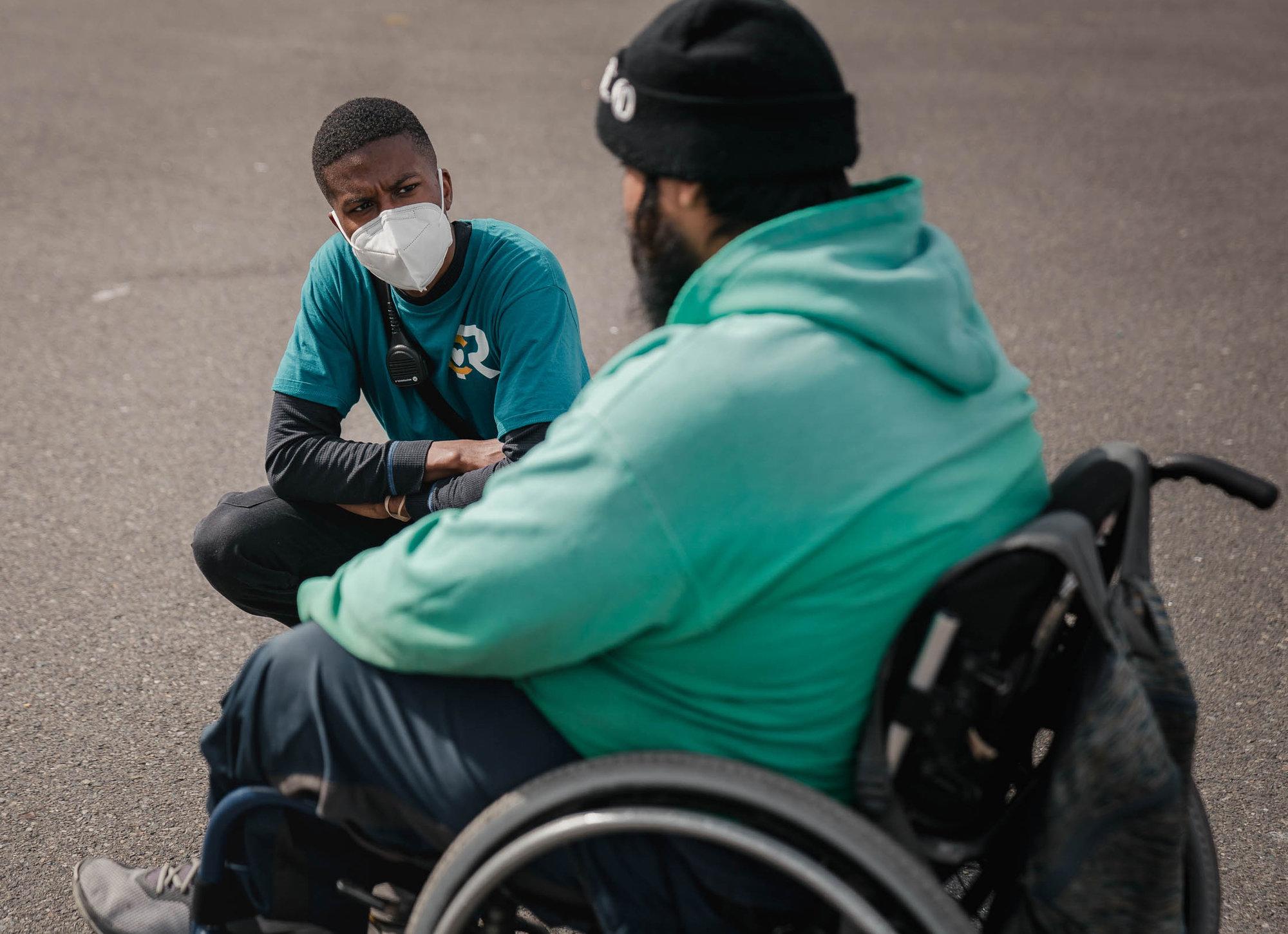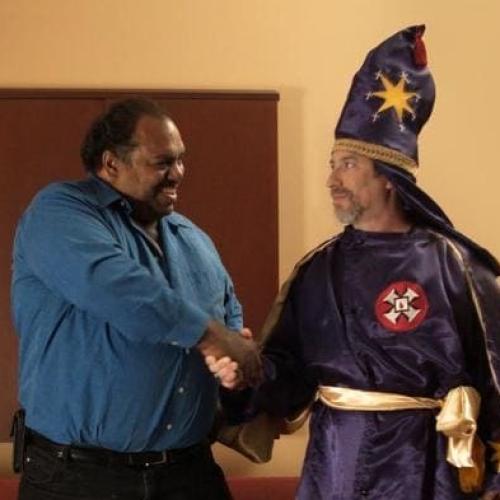Related Stories
They’re Not Cops. They Don’t Have Guns. But They’re Responding to More 911 Calls.
Key Excerpts from Article on Website of The Marshall Project

Posted: April 22nd, 2024
https://www.themarshallproject.org/2024/03/23/police-emergen...
People experiencing mental or behavioral health crises and addiction have often been subject to police use of force, arrest and incarceration. [There are] efforts around the country to change that. One of the most common new approaches ... are civilian co-responder programs, in which behavioral health specialists, often social workers, show up to certain emergency calls alongside police. These can include situations like suicide threats, drug overdoses, and psychiatric episodes. Typically, the officers on the team have special training in crisis intervention. Generally, these teams aim to de-escalate any crisis or conflict, avoiding arrest and solving the reason for the emergency call, especially if it’s a simple one. This week, the New Jersey Monitor reported that one call “for a welfare check on a woman with anxiety ended with the [state] trooper picking up her new cell phone from the post office and fixing a broken toilet” and the emergency call screener setting up her new phone. The Monitor also found that the program avoided arrests or police use of force in 95% of responses. The B-HEARD program in New York City, which is just three years old in a diverse city of 8.5 million, responded to roughly a quarter of mental health calls in precincts where it operated in the first half of 2023. Mental health calls make up 10% of all 911 calls in the city. In Denver, a study of the city’s STAR program found the alternative response model reduced low-level crime.
Note: Explore more positive stories about repairing the criminal justice system.
Related Stories
Top Inspiring News Articles
Top Inspiring News Articles from Years Past

























































































